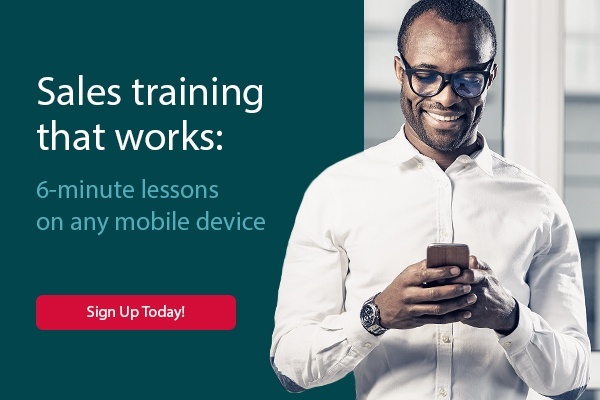If you follow up too infrequently, you’re going to lose your prospects. Here are some tips on how to keep yourself in step with those prospects, based on my own experience. Of course, this isn’t the only way to do this – just my preference. However, this approach may give you some ideas about how to keep your head in the game.

- Chances are that when I meet someone while teaching or networking, I get their business card. After meeting them I take a picture of the card with my iPhone and email it to my office. It’s emailed so my assistant can process its information and add it to my contacts. I keep the photo as a backup. If anything goes wrong with that info, I will have the photo archived in our cloud so it won’t get lost.
- Another handy tip is writing on the back of the business card. Write down the date, where you met this particular person, what you talked about, and what the next action step might be.
- If you’re on the run it never hurts to record notes on your phone, something simple like "These are the six people I spoke with. This was the event and these are the action items for each of the people." If you’re doing this on your own without the benefit of a staff, this might be the most direct way to map out your next moves when you return to the office.
- It never hurts to deliver a proposal in person. If geography or time constraints make doing so impossible, then you should call them once it’s sent and say, “I just sent you a proposal.” If you can’t get through, it’s preferable to leave a voicemail instead of sending another email. It’s less likely that your voicemail will be disregarded than your email will get marooned by an overzealous spam filter or lost in an avalanche of other emails.
- It’s senseless to follow-up every day. If you’re going to check in, make sure there is a purpose, particularly if it’s coordinated with a next step. For example, if your prospect is going to share your proposal at the next board meeting, it would be a good idea to call the day before. Tell them you’re available to answer any questions so they can be as well-prepared as possible when they address your proposal at that meeting.
- Another possibility is calling in after the board meeting. You might say, "I just wanted to check in. How'd it go yesterday? Were there any follow-up questions I could help address?"
These tips will help you accomplish two things. First, it will make you more effective because you will be preemptively addressing problems. Second, you will be conspicuously more professional than most of the sales people your prospect deals with. They’ll consider this a precursor to the good service they’ll experience once they begin doing business with you.
Likewise, if you don’t do this due diligence, proceed at your own peril. You’ll be like the other sales people that just email their proposal and forget to follow up. You’ll be relying on your customer’s initiative, which will inevitably put you behind. If you want to keep up with your leads, it takes effort. However, every step taken is a step in the right direction.







